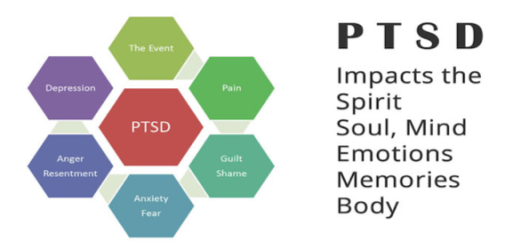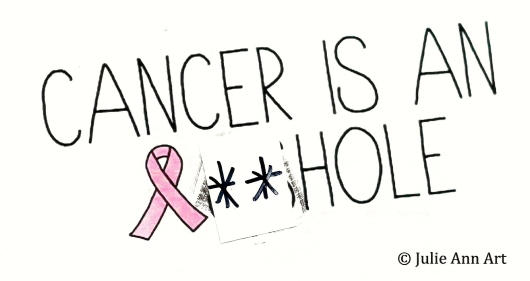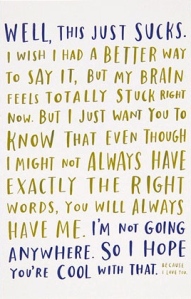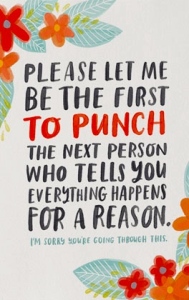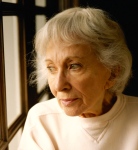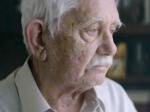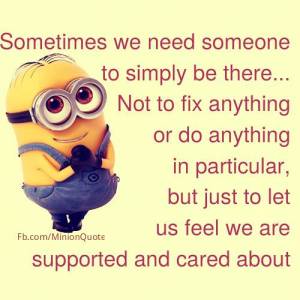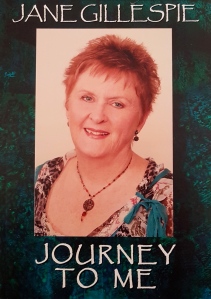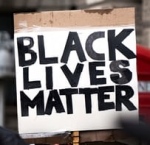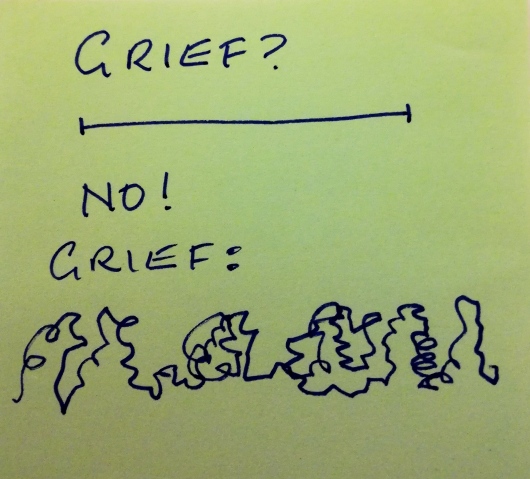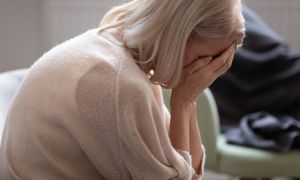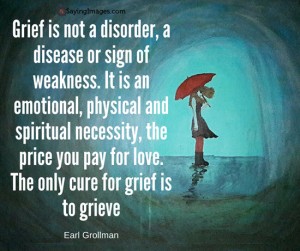I recently read an article about collective trauma in relation to how people who lived through Melbourne’s months-long lockdown have been affected: https://tinyurl.com/y4tglv6t
What strikes me is that “collective trauma” could well be a definition for what cancer patients, survivors and their families and loved ones experience. No one who hasn’t been to that same dark place can truly understand the damage done to the cancer patient’s equilibrium, sense of self and trust in their own bodies. People close to them, principally carers, are also strongly affected.
Many cancer patients struggle to overcome feelings of terror at the thought that they might die, or that they will never work again, or no one will love them anymore because they look different. Those who survive often doesn’t understand why they can’t go back to being how and who they were before their diagnosis. Family, friends, colleagues and employers can sometimes become impatient with them for not simply getting on with their lives.
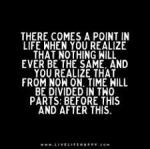 Once you’ve had cancer, your life will never be the same again and there is a grieving process that needs to take place regarding the loss of your BC (before cancer) life. Your hopes and dreams may have been dashed – perhaps you are now infertile, or you’ve lost your dream job or your plans for an exciting retirement have been squashed. Or you could struggle to come to terms with changes in your physical appearance and feeling exhausted all the time. This might be because a body part has been amputated, life-saving surgery may have left disfiguring scars, you could suffer a permanent disability as a result of cancer treatments and your energy levels may never get back to what they were pre-cancer.
Once you’ve had cancer, your life will never be the same again and there is a grieving process that needs to take place regarding the loss of your BC (before cancer) life. Your hopes and dreams may have been dashed – perhaps you are now infertile, or you’ve lost your dream job or your plans for an exciting retirement have been squashed. Or you could struggle to come to terms with changes in your physical appearance and feeling exhausted all the time. This might be because a body part has been amputated, life-saving surgery may have left disfiguring scars, you could suffer a permanent disability as a result of cancer treatments and your energy levels may never get back to what they were pre-cancer.
Life Force, the Cancer Foundation that I work with, recognises the trauma that a cancer diagnosis can cause and runs weekly support groups where cancer patients and survivors can share with others who genuinely ‘get‘ how they feel about their experience. There is something about the shared experience that can be incredibly healing. There is no quick fix and it sometimes takes many months, if not years, for people to eventually feel that they have come to terms with their new reality. But when they do, there is an enormous sense of relief, gratitude that they are still here to make a new, albeit different, life and the ability to embrace the future.
For those whose illness is terminal, having somewhere to share everything they feel about that is absolutely vital, especially if their families refuse to discuss the possibility of death.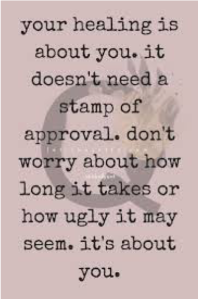
It is essential for your daily well-being to find people who are comfortable allowing you to be truly authentic when talking about how devastating chemo and/or radiotherapy is or was; how frightened you are that your cancer might return; how blindsided you are by people who simply disappeared from your life; or enraged that you got cancer in the first place when you’ve always lived a very healthy life but now you’re told that you’re not going to survive. To be able to express everything you’re feeling, without worrying that you might be upsetting those close to you or be told that you shouldn’t feel that way is empowering. If we simply push the uncomfortable feelings down, they don’t go away and there is a very real risk of becoming stuck, which can hinder the recovery process and definitely impact on the quality of everyday life.
Life Force group facilitators have had their own brush with cancer, so can genuinely relate. If you would like to join our Zoom support groups (one for patients & survivors and a separate bereavement/carers group, please visit Life Force’s website: www.lifeforce.org.au or email me at jane@lifeforce.org.au.
JANE GILLESPIE, Cancer Survivor, Counsellor and Support Group Facilitator Mob: 0412 643 751
